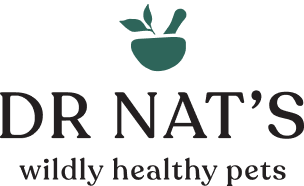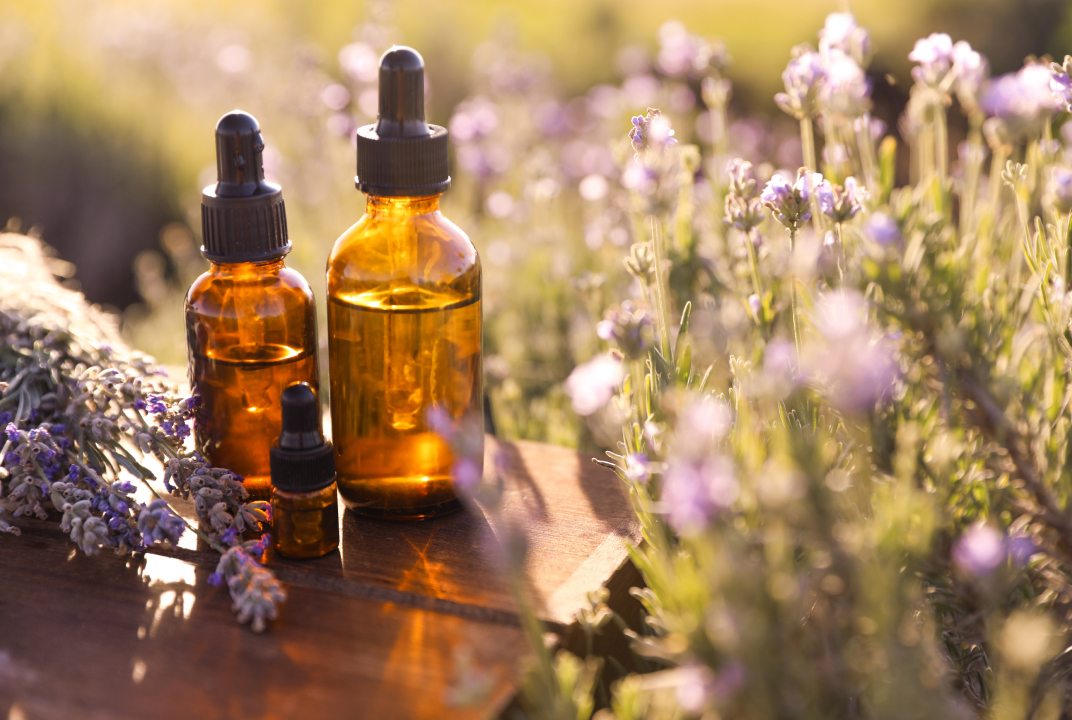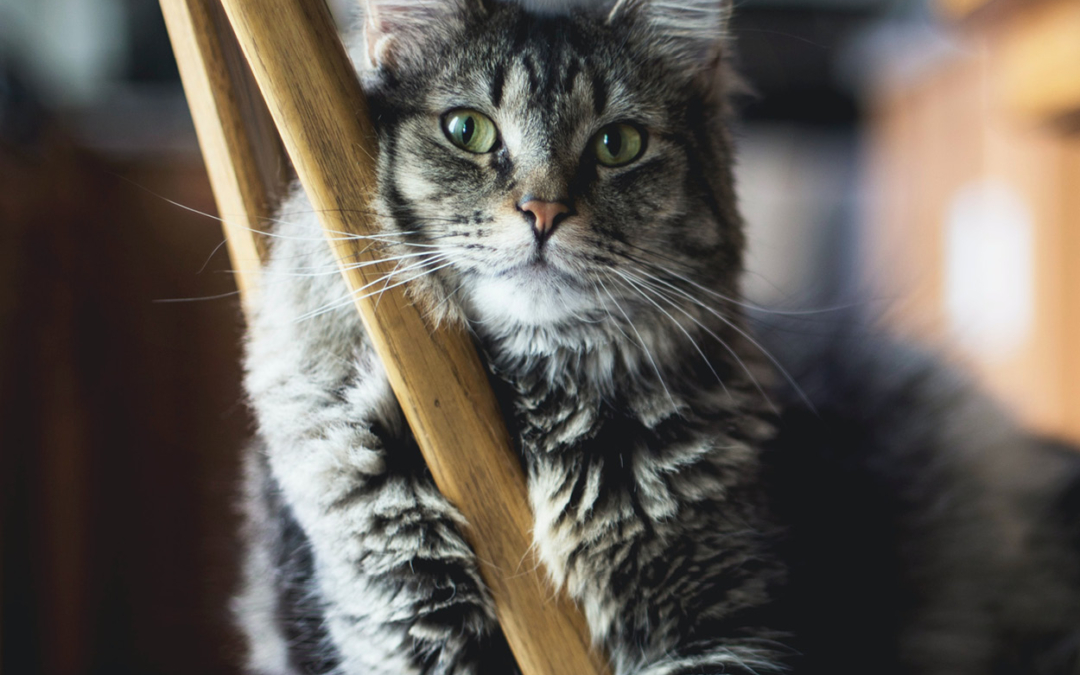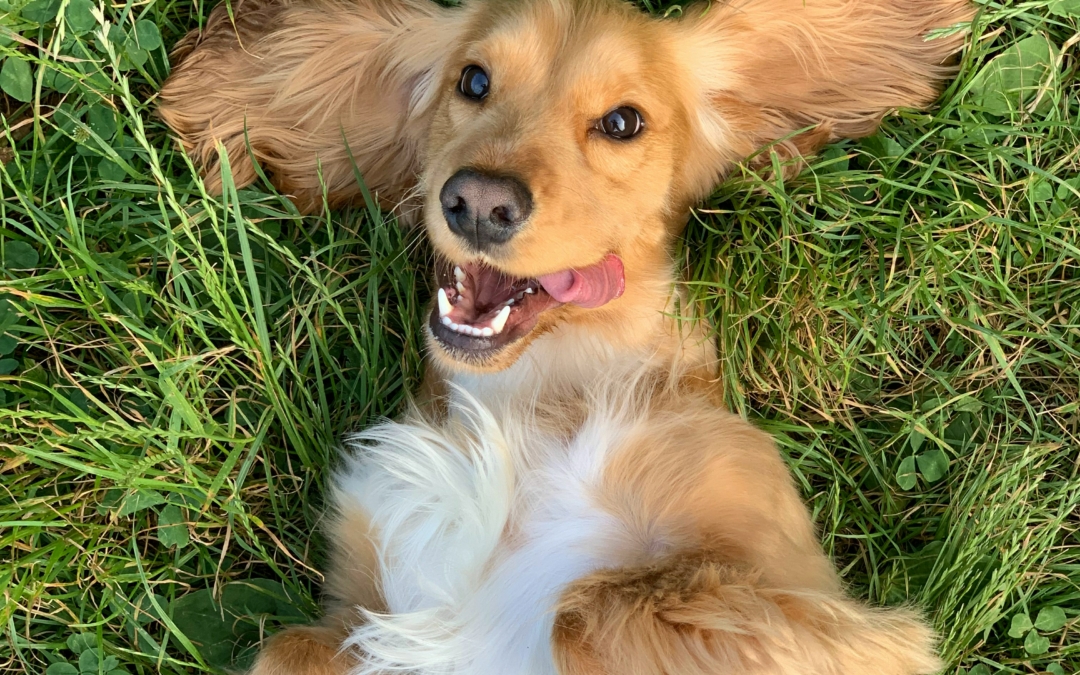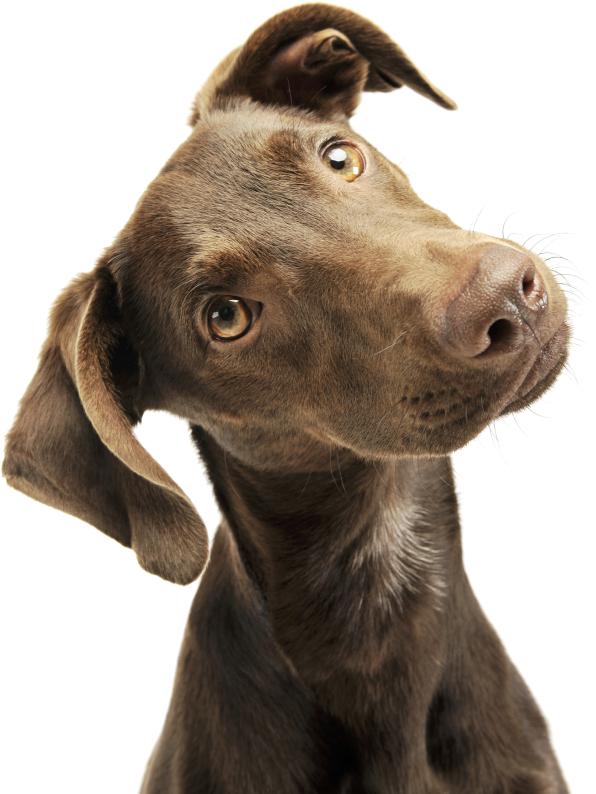Essential oils are an amazing tool kit that we can all have access to at home for our whole family. With a little bit of knowledge, you can be using these as the main part of your first aid kit and proactively on a daily basis. Prevention is always the best cure.
However, there are a few main things you need to know.
Quality and Dilution
I personally use doTERRA essential oils as these are certified pure therapeutic grade essential oils with high standards of quality testing. Batch numbers can be looked up and traced by the customer. doTERRA Essential Oils are sourced from areas the plants themselves are indigenous to. Getting the best growing conditions for the plant and supporting local farmers.
My main concern about most other brands is purity. There is no overall regulatory body for the essential oil industry and quality varies greatly between brands. Companies may or may not be aware that their product is diluted, adulterated and or contaminated even with reasonable quality testing. Thus for the safety of my patients and your furry loved ones I cannot endorse the use of many other brands. Words like organic have little meaning.
One other brand that is safe for use on animals is Dr Melissa Sheltons own essential oil brand AnimalEO. She also cautions against the use of most other essential oil brands.
Now that we know which high-quality essential oils are safe to use on pets how exactly do we use them safely? Essential oils are so highly concentrated that they can be dangerous. Too much of anything can be toxic. In the case of essential oils, 1 drop goes a really long way.
Dilution is key to using essential oils safely, especially on our pets. Size can vary greatly between dogs from a 2kg chihuahua to a 60kg great dane. Some oils are also really hot whereas some are very gentle. Using lavender essential oil neat on a medium-size dog may actually be ok. As long as you do a test patch first. However, you would never do this with a hot oil such as oregano, clove or even peppermint. It’s important to get to know the properties of essential oils and use them on yourselves first so you know which ones are gentle and which ones are hot. Stay away from the hot oils for your pets. There are so many other more gentle options.
Here is a link to a YouTube clip I created with Holistic Vet Nurse Bec of Becs Animal Acupunture on my top 3 essential oils for pets.
Different species vary in their sensitivity too. Dogs and horses tend to be much more tolerant than cats and birds and smaller pocket pets.
To give you an idea 1 drop of peppermint oil is equal to 28 cups of peppermint tea. They come in such a concentrated form so it’s really important that we dilute our oils out with a lipid-based product such as fractionated coconut oil (FCO). FCO is an excellent base as it’s more easily absorbed and less oily on the coat than most other oils. It also stays as a liquid in cool weather so is more convenient to make ready to use diluted blends.
Diffusion
Generally, most essential oils will be safe when diffused. Start with just a few drops and make sure the room is well ventilated and that the pet can move away if they chose to.
If you want to try using essential oils topically for cats and small dogs or puppies you really need to go very carefully. I recommend starting with a dilution of 0.33% (1 drop in 1tblsp/15ml).
For a larger dog, you could start with between 2 – 4 % (2 – 4 dps in 1 tsp /5ml)
Always do a test patch on a little area of skin and watch and wait for what happens for at least 10mins or even up to 24hours in a sensitive patient.
Dr Elaine from Animal Wellness in Brisbane is another oily vet who regularly uses essential oils as part of her treatments. She also sometimes runs workshops you can attend.
If you want help using essential oils on your pets then please book a consultation with me.
I offer tailor-made essential oil blends specifically for your pet and their health condition or if you have your own essential oils I can design a recipe for you to create your own blend for your pet. If this is something that interests you please book a consult.
